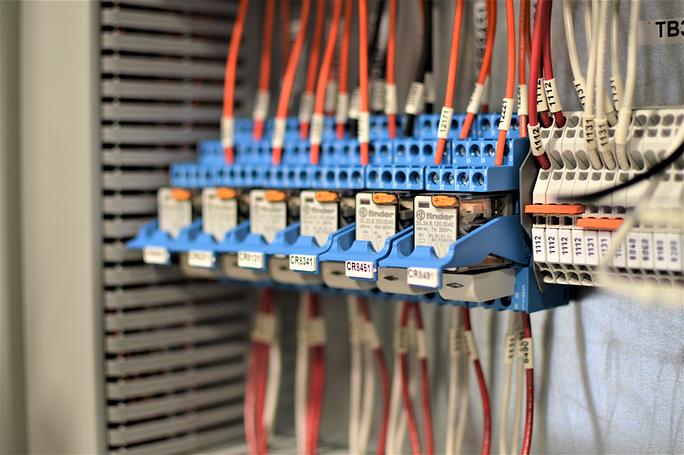The fuse box in a car is a crucial component that protects the electrical system from damage caused by excessive current. While it is designed to be durable and reliable, like any other part, a fuse box can go bad over time. In this article, we will explore the signs of a failing fuse box, the potential causes, and the necessary steps to address the issue. Whether you're a car enthusiast or a concerned vehicle owner, understanding the implications of a faulty fuse box is essential for maintaining your car's electrical system.
- Recognizing the Signs of a Failing Fuse Box:
A failing fuse box can manifest in various ways, and being able to identify the signs is crucial for timely intervention. Some common indicators include:
- Frequent blown fuses: If you find yourself replacing fuses more often than usual, it could be a sign of an underlying issue with the fuse box.
- Electrical malfunctions: Unexplained electrical problems, such as non-functional lights, power windows, or radio, can indicate a failing fuse box.
- Burning smell or melted fuses: A noticeable burning odor or melted fuses are clear indications of a serious problem with the fuse box.
- Causes of Fuse Box Failure:
Understanding the potential causes of a failing fuse box can help you prevent future issues. Here are a few common reasons:
- Corrosion: Over time, moisture and contaminants can cause corrosion on the fuse box terminals, leading to poor connections and eventual failure.
- Overloading: Excessive current flow due to overloading the electrical system can cause the fuse box to overheat and fail.
- Age and wear: Like any other component, a fuse box can deteriorate over time due to wear and tear, leading to decreased functionality.
- Steps to Address a Failing Fuse Box:
If you suspect your car's fuse box is going bad, it's important to take appropriate action. Here are the steps you can follow:
- Visual inspection: Start by visually inspecting the fuse box for any signs of damage, such as melted fuses or corrosion.
- Testing the fuses: Use a multimeter to test the fuses for continuity and ensure they are functioning correctly.
- Cleaning and maintenance: If corrosion is present, carefully clean the fuse box terminals using a suitable electrical contact cleaner.
- Professional evaluation: If the issue persists or you're unsure about the extent of the problem, consult a qualified mechanic or electrician for a thorough evaluation and potential replacement.
Conclusion:
A properly functioning fuse box is vital for the electrical system's integrity in your car. By recognizing the signs of a failing fuse box, understanding the potential causes, and taking appropriate action, you can prevent further damage and ensure the safety and reliability of your vehicle. Regular maintenance and inspections are key to identifying and addressing fuse box issues promptly. Remember, when it comes to your car's electrical system, it's always better to be proactive than reactive.


